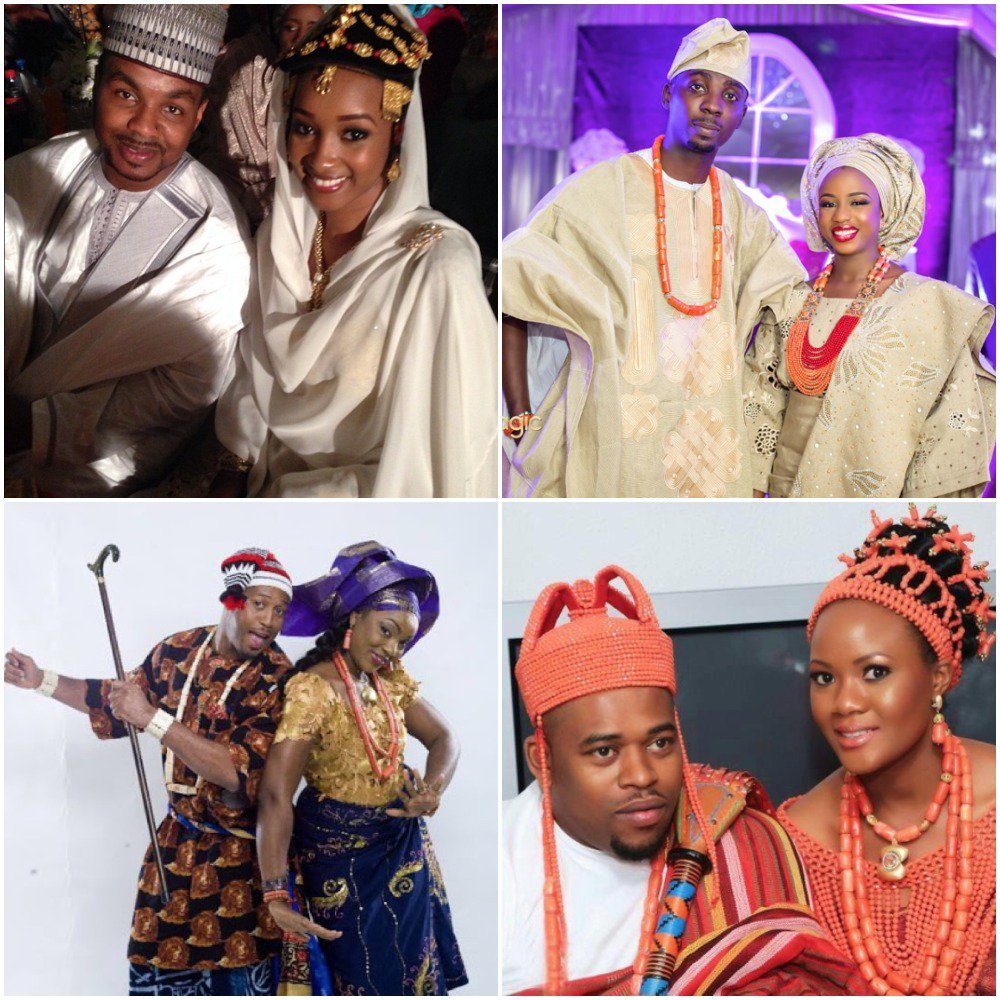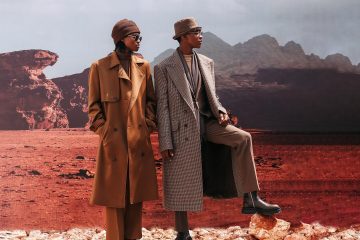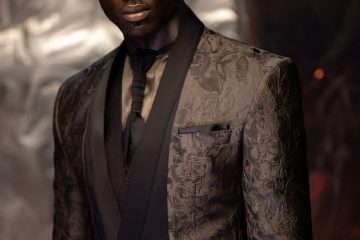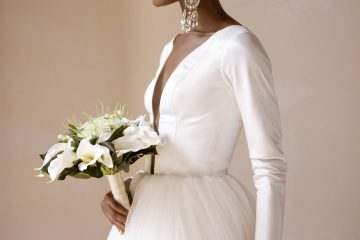Nigeria is undisputably Africa’s most populous country, there are numerous tribes and ethnic groups, many of which wear their own style of garb.
In many areas of the country, especially the south, men and women prefer to wear western attire. Traditional attire is worn on a daily basis in many areas of Nigeria. In other areas traditional attire is worn only for special occasions like festivals or weddings. The top three ethnic groups in Nigeria are the Hausa-Fulani (the largest ethnic group), Yoruba, and Igbo.
The information on this page concentrates on the traditional clothes of these people. This information includes the clothes worn by women and the clothing worn by men.
Traditional Nigerian Clothing – Igbo
Some long time ago, the only reason the Igbo wore clothing was for modesty, clothing was not used for style or to display status. Over time their garb evolved. Apparently today most of the people, especially in urban areas, wear western styled clothing.
However in rural areas they often still wear traditional clothing. The traditional clothing for women are wraps, some of which are designed for day to day activities and others for formal occasions. The formal wraps are made of more expensive cloth which is often imported. Men usually wear cotton wrappers, shirts, and sandals for day to day wear. Formal wear for men consist of wraps made from better material than that used for day to day wear.
Traditional Nigerian Clothing – Yoruba
The Yoruba people of Nigeria are known for their exquisite clothing. Clothing serves as an indicator of status and wealth. For special occasions such as weddings and funerals they wear especially beautiful garb.
Examples of Yoruba clothing
- Gele – This is a traditional Nigerian cloth which women wrap around their heads. There are many variations of how they wrap it.
- Agbada – For formal events Nigerian men often wear a robe called an agbada over their clothes.
- Buba – A Buba is a loose fitting blouse with long sleeves and a neckline that is either V-shaped or round. It usually falls a little below a women’s waist. Men can also wear a buba.
- Iro – Iros are long wrap-around skirts. The rectangular skirt is worn by wrapping it around the waste and tucking it in at the end.
- Sokotos – Sokotos are trousers that are loose-fitting with a drawstring used to hold them up.
Traditional Nigerian Clothing – Hausa-Fulani
Hausa-Fulani men wear a wide sleeved robe called a babban-riga which is a floor-length robe with very long sleeves which have to be folded up to expose the hands. It is the equivalent of the Yoruba’s Agbada. Even though the babban riga is considered a Muslim garment almost all Nigerian men wear one for formal occasions. Hausa men also wear a traditional headpiece, a round cap called a fula. Hausa women wear colorful wrappers (abaya) with matching blouses.
 We Deliver Globally
We Deliver Globally 


